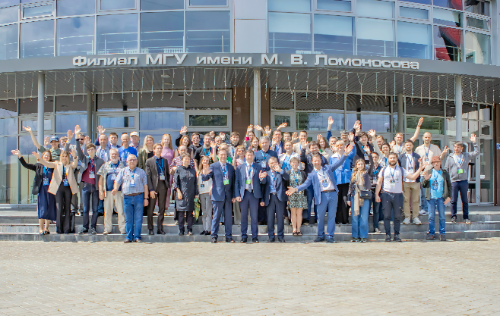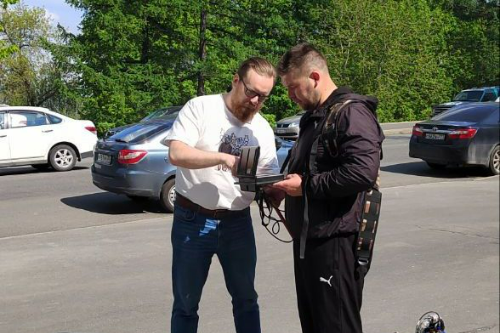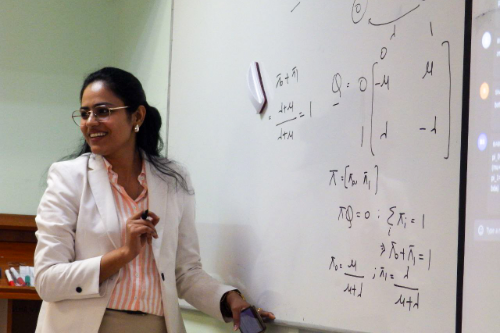On November 21, Karelian scientists visited the Institute of Geographic Sciences and Natural Resources Research CAS. Its staff work in a wide range of areas consonant with the research of Karelian scientists: study of terrestrial ecosystems, water resources, biodiversity, carbon pools and fluxes.
A discussion promising for future cooperation was held at the Tibetan Plateau Research Institute CAS. Its specialists study nature in harsh climatic conditions similar to those in Karelia, especially in its Arctic territories. KarRC RAS staff, in turn, introduced Chinese scientists to our research on water resources, soils, mires, and carbon emission, all of which the hosts found to be of interest.
- The visit turned out very productive. Communication in Beijing resulted in an agreement to prepare joint terrestrial and aquatic ecosystem research project applications with Chinese colleagues, - told Olga Bakhmet, KarRC RAS Director General.
In conclusion, the scientists visited CAS Bureau of International Cooperation, where together with its Deputy Director, Prof. Wu Yan they discussed the prospects for interactions with CAS scientific organizations.

At CAS Bureau of International Cooperation
- Quite a number of our research topics are of much interest to the Chinese side: climate change, carbon agenda, study of mineral and raw material resources, water and forest resources, pollution and restoration of ecosystems. We told about the BRICS environmental conference held at the Karelian Research Centre RAS, which is becoming traditional. Chinese scientists expressed their keen willingness to participate. Our colleagues also supported our initiative to create an environmental platform for the BRICS countries, - shared Olga Bakhmet.
Based on the results of the visit, formal memorandums of understanding with the Institute of Geographic Sciences and Natural Resources Research and the Tibetan Plateau Research Institute of the Chinese Academy of Sciences are now being prepared. Such a memorandum with the Nanjing Institute of Geography and Limnology has been active since 2022.










